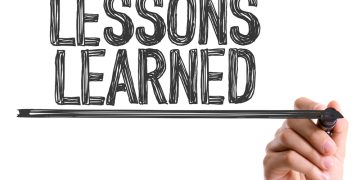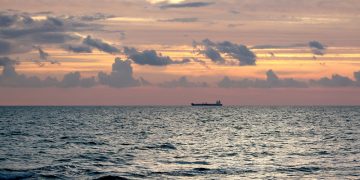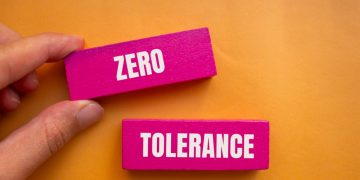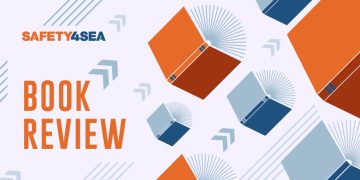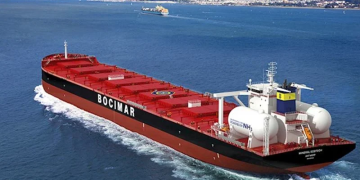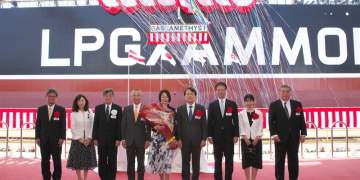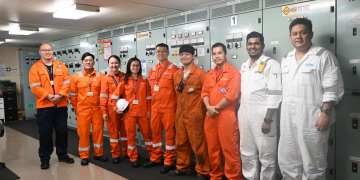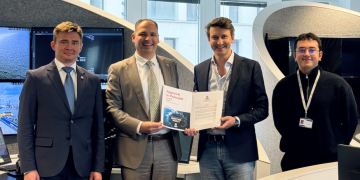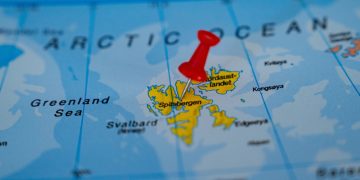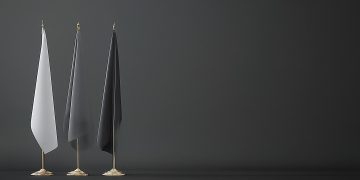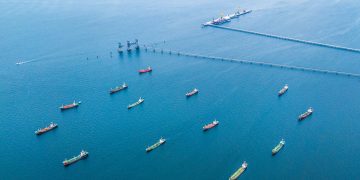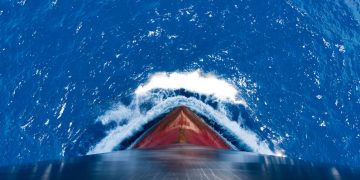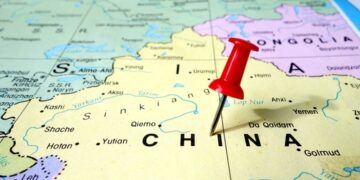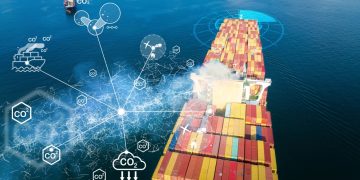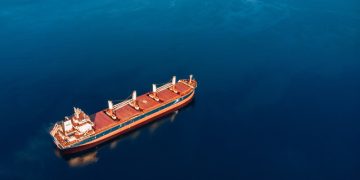Recent incidents draw the attention to the problem
The London P&I Club says the lifting of an iron ore ban in India, together with the recent total loss of two ships, has put the spotlight once again on the problem of cargo liquefaction.
In the latest issue of its StopLoss Bulletin, the club says, “There are specific challenges involved in the export of iron ore fines from Indian ports during the monsoon season which can increase the moisture content of the cargo to levels where liquefaction can occur. This can result in severe loss of a ship’s stability and, sometimes, in the vessel sinking. Other cargoes such as nickel ore are also prone to liquefaction.
“Last month, the Indian Supreme Court lifted the ban imposed in 2010 in Goa on the mining, storage and export of iron ore, and allowed the e-auctioning of 11.5m tonnes of excavated iron ore which has been lying unused since the ban was introduced. The process will be supervised by a committee set up by the court. A separate committee was also appointed to advise how much iron ore can be extracted each year, and it is due to report its recommendations by 15 February, 2014. It is likely that there will be an increase in iron ore loadings from that region.
“There have also been total losses in recent months of a ship carrying Indian iron ore fines and a second carrying nickel ore. Investigations into both cases are at an early stage to establish precisely the cause of the sinkings. There are currently no links between these incidents and the cargoes on board.”
The London Club has issued a number of warnings about the dangers of cargo liquefaction, particularly in cases involving the carriage of iron ore fines and nickel ore from places such as India, Sierra Leone, Guatemala, Indonesia and the Philippines. It says, “Great care must be taken when handling these cargoes, and the rules governing them under the IMSBC Code must be closely observed. Ships can be offered cargo which is unsafe due to their moisture content being above the Transportable Moisture Limit. This can lead to liquefaction, and is a particular problem in locations such as parts of India, when the cargoes are exposed to monsoon rain.
“Owners who are considering carrying iron ore fines or nickel ore are strongly advised to contact the club early on, before concluding a fixture, to ensure that the risks and associated precautions are fully explored.”
|
Learn more about IMSBC Code in the following articles Early implementation of draft IMSBC Code amendmentsIMSBC Code amendments re Cargoes which may Liquefy ICMM , Intercargo to focus on IMSBC Code amendmentsSafe Carriage of Dry Bulk Cargoes |








